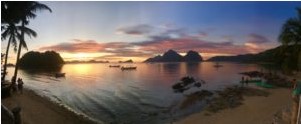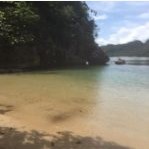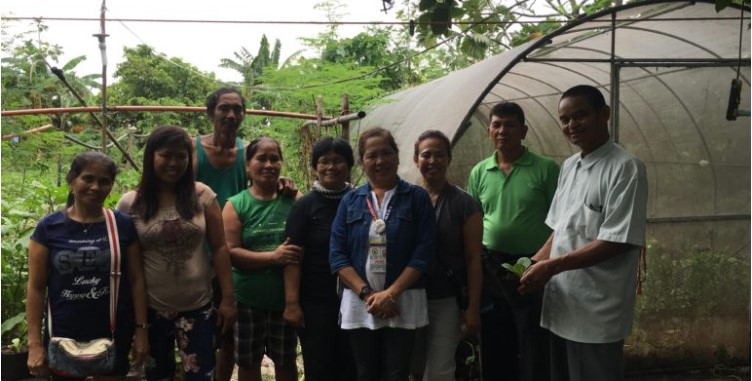$1,000 Donation Goal
This project aims to reverse this migration trend by shifting the flow of support back to the Philippines by strengthening the economic sustainability of women and girls in rural areas so they do not need to leave their country by creating sustainable eco-tourism sites.
Background
The project originated in Canada after several years of organizing activities among the newcomers especially live in caregivers from the Philippines. Filipino women left their families to provide support to their children and families by working as live in caregivers in foreign countries like Canada.
The Philippine archipelago is comprised of 7697 named islands with its natural resources abundant in the coastal area of exotic beaches and tropical vegetation. A part from the fact that this is an important conservation project it will also empower women from these communities to maintain their land ownership so that their land does not need to be sold to corporations and foreign investors who now are taking advantage of dire economic conditions in the country and buying major tourism spots which causes the displacement of indigenous people from the islands. As the islands are sold to these corporations it is leading to the creation of an influx of people in urban settings and creating many homeless and struggling people in areas such as Manila.
The Philippines has been listed by the UN as the top five most affected country by climate change consistently for the past 10 years. Income disparity in the country includes the weak middle class and the sharp gap between the rich and the poor population which include 5% wealthy and 95% poor in the 100M population. Several economic and political unrest especially in the South exist. Like other developing countries, the income of women compared to men is wide and the gap is even compounded with land ownership and lack of economic opportunities in the rural communities.
This project aims to reverse this devastating trend and provide real hope and change to these wonderful people.
The Project
The project consists of multiple phases which will be carried out over the next few years with the goal of creating up to 4 self-sustained eco-tourism centres providing income to the local women and girls. The women who will participate in the program will become key members of a local cooperative and will be provided training, resources and support to construct and run these centres.
The project will include a 12-week hands on training program to support these women and their families through their development. Through the Philippines government the women involved in this training will also have the ability to take part in livelihood training which will include:
Piggery training: 1-6 months training certification which will certify these women as piggery trainers by the Department of Agriculture.
Agriculture training: 5-12 weeks training program with the ability to graduate as agricultural trainer after successful completion of this course.
Animal / Poultry training: 2-3 months training program with graduation and certification after successful completion of this course.
The beneficiaries will also be supported through business enterprise courses which include financial literacy and general business training over the course of 5-10 days.

Our Needs
Phase 1:
The initial phase of this project will include the purchase of 1-3 hectares of land which will be used to host the training programs. The estimate cost of land in the Bicol region is 50-100 pesos per square metre.
The land will be developed with the help of the women for the initial livelihood site which will include planting trees, vegetables, raising animals such as goats, chickens, pigs and ducks.
This initial phase will allow up to 80 women to start the first cycle of training and will be given the option of training from a simple vegetable planting course of 12 weeks to piggery training lasting up to 6 months. Upon graduation of these courses the women will have all the tools they need to continue operating these small businesses to generate income and feed their families. They will also be given the opportunity to expand their businesses as they progress.


